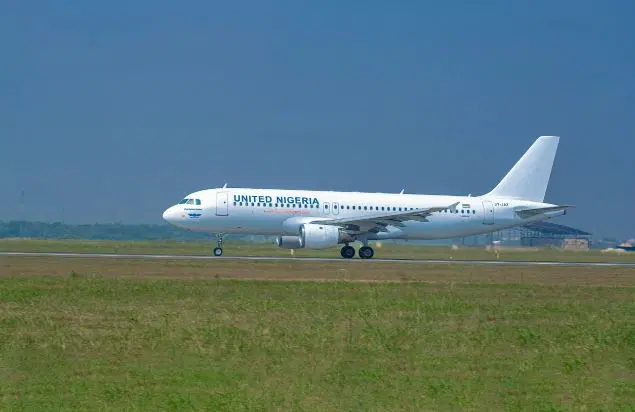The Minister of Finance, Budget and National Planning, Zainab Ahmed, has revealed that the Federal Government sometimes borrows funds to buy petrol as the country continues to incur rising fuel subsidy bills.
According to The PUNCH, she stated this on Tuesday on the sidelines of the World Economic Forum in Davos, while speaking during an interview with Arise TV.
Ahmed stressed once more on the abolition of the fuel-subsidy regime, adding that the present government will implement the change gradually beginning in the second quarter of this year.
She stated that the government would be able to boost revenue performance in 2022 and decrease the ratio of debt service to revenue.
“We also have to exit fuel subsidy, because that is also a very significant contributory factor. You can look at it in two ways – it is revenue that would have come to the government but it doesn’t because it has been spent on fuel subsidy,” she said.
The minister added, “But also, where there is nothing for the government to buy the refined petroleum products, we have to borrow to buy the petroleum products. So if you take that out, that’s about N3.25tn, that is a significant relief.”
Ahmed explained why the fuel subsidy was not eliminated in June 2022, despite the government’s intention to do so at the time, by stating that the decision was made due to the lingering effects of the COVID-19 pandemic and rising prices.
“Removal of fuel subsidy at that time would have increased the burden on the citizens, and the President does not want to contemplate a situation where measures are taken that further burdens the citizenry,” she stated.
Ahmed added, “So the decision was to extend the period from June 2022 to 18 months, beginning from January 2022. So in June 2023, we should be able to exit. The good thing is that we hear a consistent message that everybody is saying this thing needs to go and that it is not serving the majority of Nigerians.
“I listened to some of the new leaders campaigning for the next round of leadership in the country and they are saying they will get rid of it very quickly.”
When asked if it would be possible to end the fuel subsidy program in June of this year, Ahmed responded, “It would be safer for the current administration to begin eliminating the fuel subsidy from the start of the second quarter.”
This, she explained, was because the gradual reduction of support would be less severe than its abrupt elimination.
“The idea for us in the budget is that the cost of subsidy should not exceed that N3.23tn. So whether it is done completely by June or July or whatever is the process, the cost is capped,” Ahmed stated.










